NCERT Solutions for Class 5 EVS Chapter 3 - From Tasting to Digesting
Discuss and Write - Page no. 23
Q.1. Jhoolan’s mouth started watering when she heard the word imli. When does your mouth water? List five things you like to eat and describe their taste.
Ans.My mouth waters when I see something of my taste, especially spicy foods. List of five things of my linking and their taste:
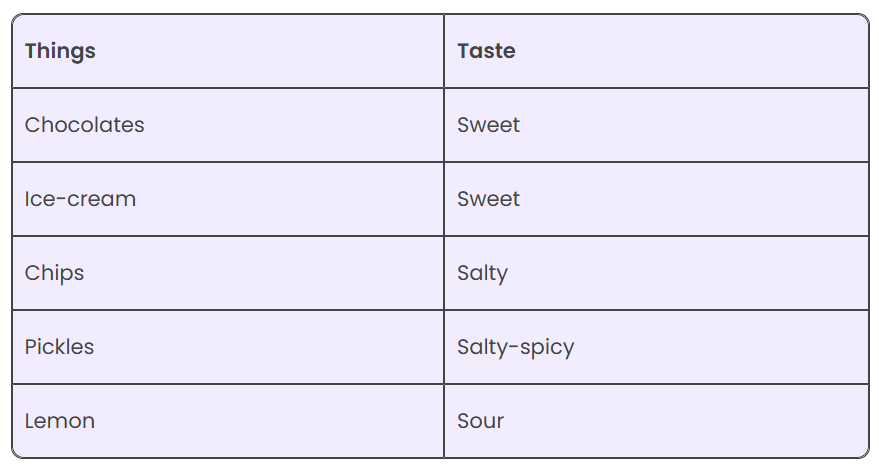
Q.2. Do you like only one kind of taste or different ones? Why?
Ans.I like different types of taste because I get bored of only one kind of taste.
Q.3. Jhoolan put a few drops of lemon juice in Jhumpa’s mouth. Do you think we can make out the taste with just a few drops.
Ans.Yes. A few drops of sour things like lemon is enough to make out the taste.
Q.4. If someone were to put a few seeds of saunf (aniseed) on your tongue, would you able to tell with your eyes closed? How?
Ans.Perhaps, because even if we do not taste, we can recognize it by its smell because it is very strong.
Q.5. How did Jhumpa make out the fried fish? Can you guess the names of certain things only by their smell, without seeing or tasting them? What are these things?
Ans.Jhumpa made out the fried fish by its smell. We can, of course, guess some things only by their smell, without seeing or tasting them provided they have a strong smell. For example, egg, orange, lemon, curd, sweets, samosa, etc.

Q.6. Has anyone ever told you to close your nose before taking medicine? Why do you think they tell you to do this?
Ans.We get the complete taste of food only when we are able to smell it. So, sometimes we are told to close our nose before taking a medicine which does not taste good.
Close your eyes and tell - Page no. 24
Collect a few food items having different kinds of taste. Play a game with your friends like Jhumpa and Jhoolan did. Tell your friend to taste the food and ask-
Q.1. How did it taste? What was the food item?
Ans.The taste was sweet. The food item was sugar. (Suppose sugar is given)
Q.2. On which part of the tongue could you get the most taste in front, at the back, on the left or right side of the tongue?
Ans. In front. Since we put it on the tongue first.
Q3. Which taste could be made out on which part of the tongue? Mark these parts on the picture given.
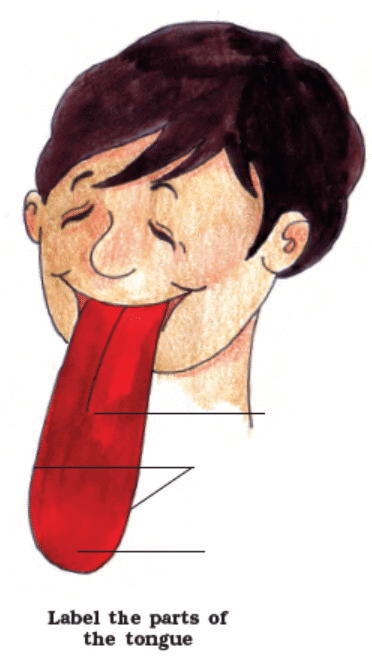
Ans.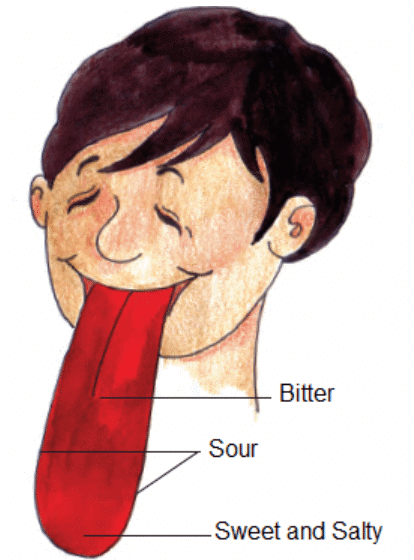
Q.4.One at a time,Put some things to eat in other parts of your mouth- under the tongue, on the lips, on the roof of the mouth. Did you get any taste there?
Ans.No, because there are no taste-buds there.
Q.5. Use a clean cloth to wipe the front part of your tongue so that it is dry. Put some sugar or jaggery there. Could you taste anything? Why did this happened.
Ans.No, I could not taste anything. It is because we get the taste only when the food mixes up with saliva and reaches taste buds present on the tongue.
Q.6. Stand in front of a mirror and look closely at your tongue. How does the surface look? Can you see any tiny bumps on the surface?
Ans.The surface looks rough. Yes, I can see tiny bumps on the surface of the tongue.
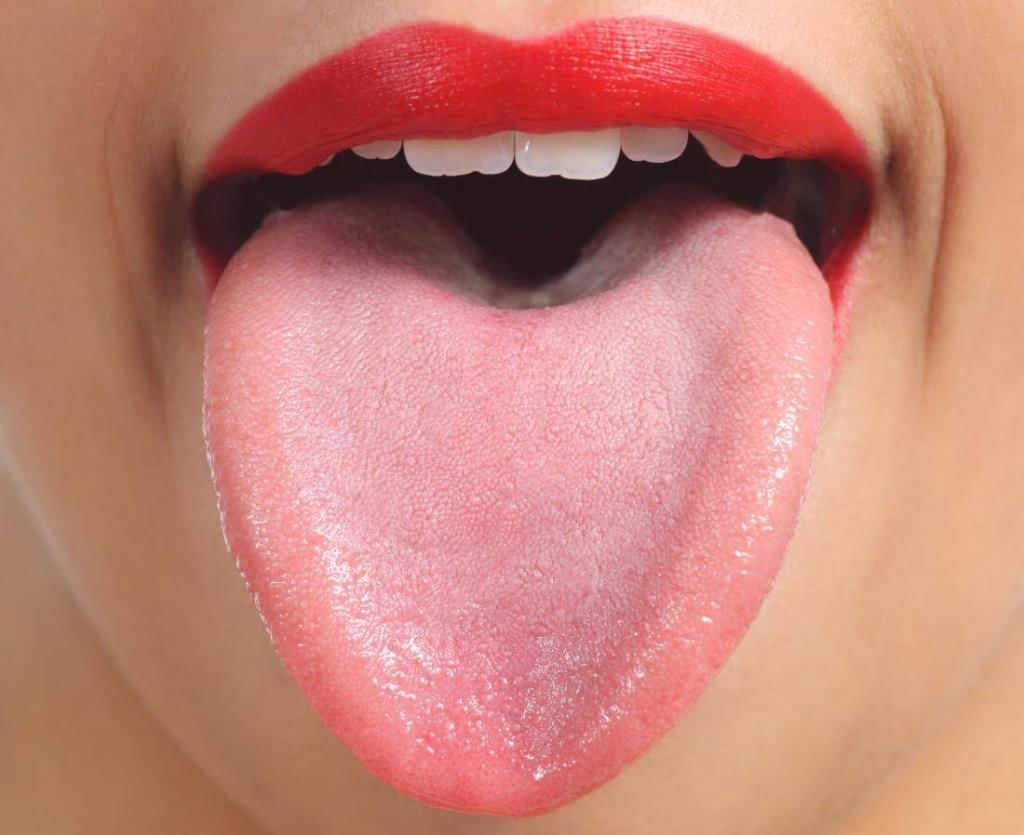 Tiny bumps on tongue
Tiny bumps on tongue
Tell - Page no. 25
Q.1. If someone asks you to describe the taste of amla or cucumber, you might find it difficult to explain. How would you describe the taste of these tomato, onion, saunf, garlic. Think of words that you know or make up your own words to describe the taste.
Ans.
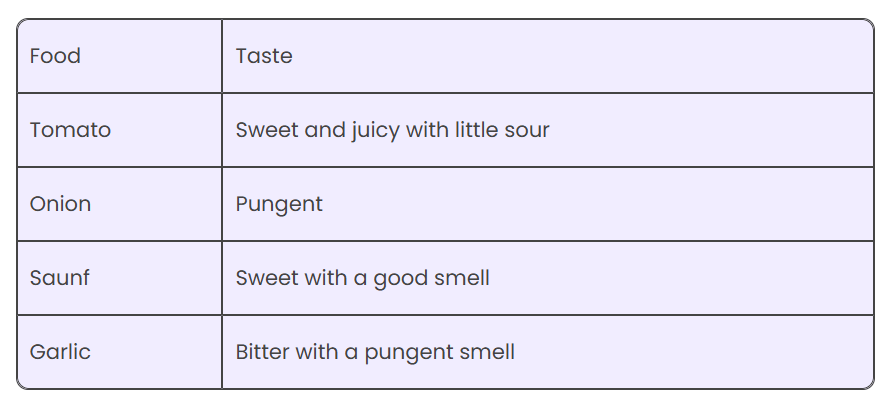
Q.2. When Jhumpa tasted some of the things, she said “SSee, ssee, ssee…” What do you think she may have eaten?
Ans.She might have eaten something spicy like a chili.
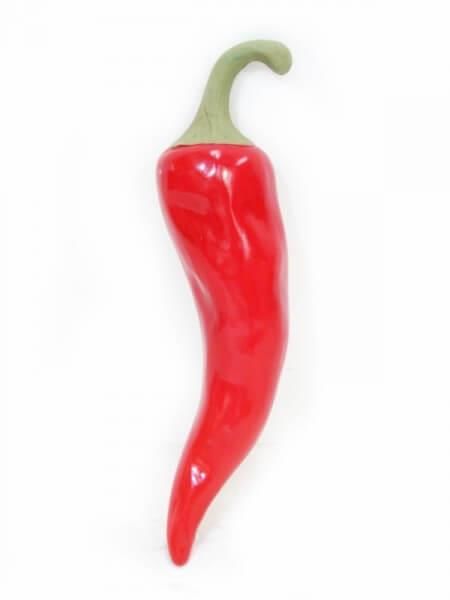
Q.3. Why don’t you make sounds that describe some tastes? From your expressions and sounds ask your friends to guess what you might think have eaten.
Ans.
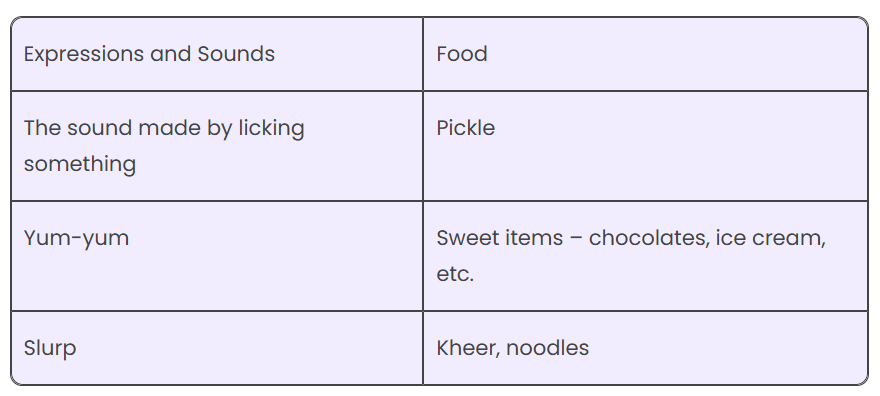
Chew it or chew it well: what’s the difference - Page no. 25,26
Try this together in class.Q1. Each of you take a piece of bread or roti or some cooked rice. Put it in your mouth, chew three to four times and swallow it. Did the taste change as you chewed it?
Ans:No, the taste did not change; it is the same even after chewing for three or four times.
Q2. Now take another piece of some rice and chew it thirty to thirty-two times. Was there any change in the taste after chewing so many times?
Ans: Yes, the taste changed after chewing so many times. The food seems to be sweet now.
Discuss - Page no. 26
Q.1. Has anyone at home told you to eat slowly and to chew well so that food digests properly? Why do you think they say this?Ans.Yes, my mother often tells me to eat slowly and chew well. It is because if the food is properly chewed up, it will be digested and we will get its maximum nutritional value.
Q.2. Imagine you are eating something hard like a green guava. What kind of changes take place in it from the time you bite a piece and put it in your mouth to when you swallow it?
Ans.When I bite a piece of green guava, it is hard and may even taste a bit bitter. However, after chewing it properly, it becomes soft and sweet.
Q.3. Think what does the saliva in your month do?
Ans.Saliva makes the food soft and also helps in its digestion.
Straight from the Heart - Page no. 27
Q.1. Where do you think the food must be going after you put it in your mouth and swallow it? In the picture given here, draw the path of the food through your body. Share your picture with your friends. Do all of you have similar pictures?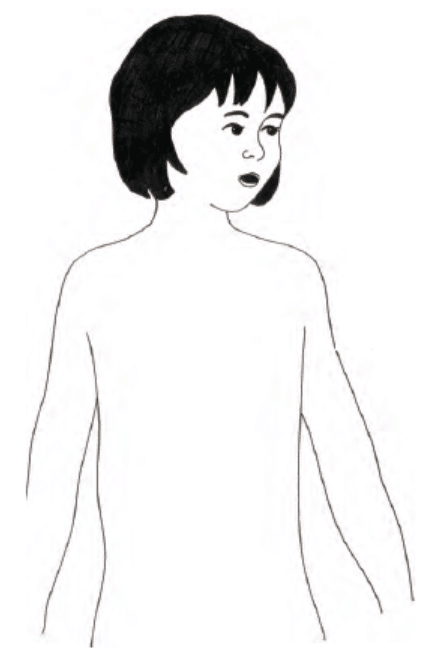
Ans.I think the food we eat would first go to the stomach and then to the intestine.
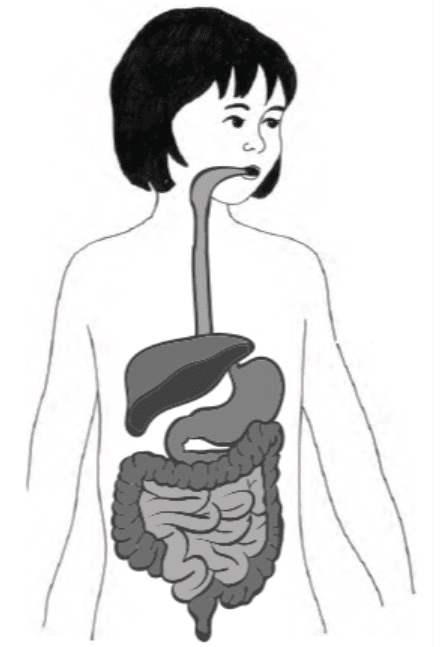
Discuss - Page no. 27
Q.1. How do you feel when you are very hungry? How would you describe it? For example, sometimes we jokingly say” I am so hungry I could eat an elephant!”
Ans.I feel a bit tired when I am very hungry. Besides, I feel an empty sensation in the stomach and want to eat something immediately.
Q.2. How do you come to know that you are hungry?
Ans.When my stomach feels empty and I have a strong urge to eat something, I come to know that I am hungry.
Q.3. Think what would if you do not eat anything for two days?
Ans.If I do not eat anything for two days, I will become weak and fall ill.
Q.4. Would you be able to manage without drinking water for two days? Where do you think the water that we drink goes?
Ans.No, I will not be able to manage without drinking water for two days. Water is essential for life. The water we drink is used in various metabolic activities within our body and some water and some water is excreted out of the body through urine and sweat.
Talk and Discuss - Page no. 28
Q.1. Do you remember that in Class IV you made a solution of sugar and salt? Nitu’s father also made this and gave her. Why do you think this is given to someone who has vomiting and loose motions?
Ans.The quantity of water, salts and sugar in our body decreases when we have vomiting and loose motions. To replenish this loss a solution of sugar and salt is given.
Q.2. Have you heard the word ‘glucose’ or seen it written anywhere? Where?
Ans.Yes, I have heard the word glucose and seen it written on glucose packet. I have seen it in various advertisements on TV and in newspapers etc.
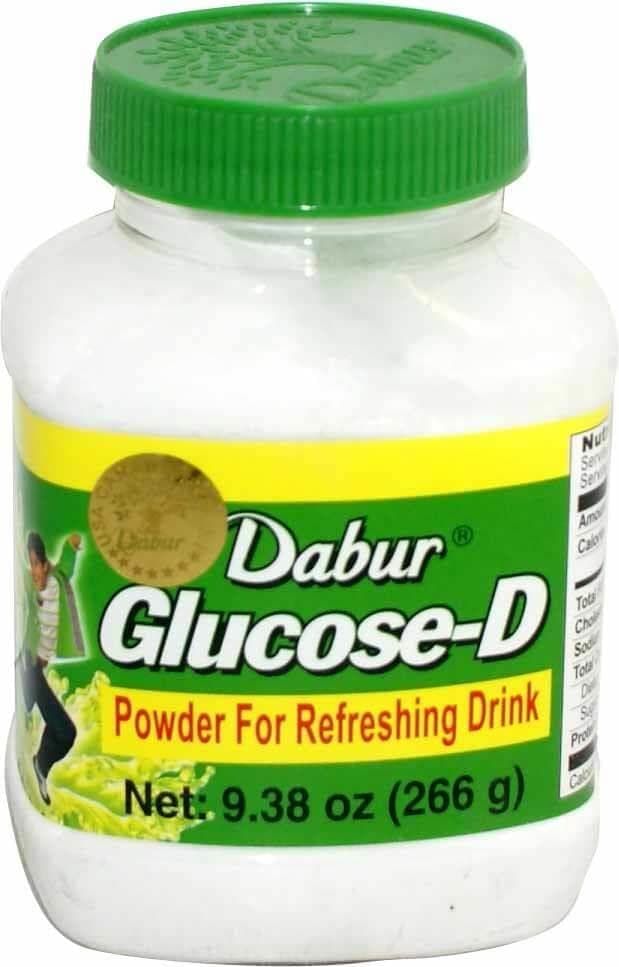
Q.3. Have you ever tasted glucose? How does it taste? Tell your friends.
Ans.Yes, I have heard the word glucose. It is sweet in taste.
Q.4. Have you or anyone in your family been given a glucose drip? When and why? Tell the class about it?
Ans.Yes, Once I had vomiting and loose motions. Doctor said my stomach was upset. My body was not keeping any food and water and I became very weak. Then, I was given glucose drip, that gave me some strength quickly, even without eating.
Q.5. Nitu’s teacher used to tell the girls to have glucose while they were playing hockey. Why do you think she did this?
Ans.While playing a lot of sweating occurs which causes loss of water and salt from the body. Also a lot of energy is exhausted. Since glucose solution provides instant energy, that is why the teacher used to tell the girls to have glucose while they were playing hockey.
Q.6. Look at Nitu’s picture and describe what is happening. How is the glucose drip being given?
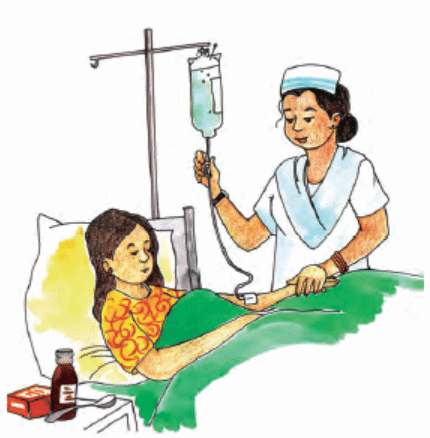
Ans.In the picture glucose drip is given to Nitu. The glucose bottle is hanging on a stand and from there drop by drop glucose is being given using a tube and a needle.
 |
Download the notes
NCERT Solutions: From Tasting to Digesting
|
Download as PDF |
Think and Discuss - Page no. 31
Q.1. Imagine if you had been in place of Dr Beaumon, what experiments would you have done to find out the secrets of our stomach? Write about your experiments?Ans.If I were in place of Dr Beaumon, I would have done experiments with milk and milk products. That is, I would have taken out some digestive juices from Martin’s stomach and kept equal quantities of these juices in three and cheese in all the three glasses and checked out which digested first. I would also have done experiments with different types of milk available i.e. full cream, standard and toned.
Discuss - Page no. 33
Q.1. Why do you think Rashmi could eat only one roti in the whole day?Ans.Rashmi could eat only one roti in a whole day because she was from a poor family, and she could not afford to buy food. So, she had only one roti.
Q.2. Do you think Kailash would like games and sports?
Ans. No, Kailash doesn’t like sports and games. He has a fat and flabby body, which shows that he is not interested in physical activities.
Q.3. What do you understand by “Proper” food?
Ans.Proper food means adequate and nutritious food according to one’s body requirement.
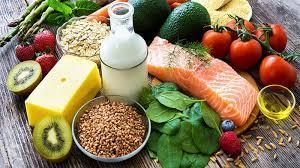
Q.4. Why do you think that the food of Rashmi and Kailash was not proper?
Ans.On one hand, while Rashmi is not getting adequate quantity of food, on the other, Kailash is taking much more food than his requirement. Further, instead of home-cooked food like dal-rice, vegetables and roti, he is eating chips, burger, pizzas and soft drinks, which are harmful for the body.
Find Out - Page no. 33
Q.1. Talk with your grandparents or elderly people and find out what they ate and what work they did when they were of your age. Now think about yourself your daily activities and daily diet. Are these similar or different from what your grandparents did and ate?Ans.My grandparents were working much more than what we do today. They used to go to school miles away from their home. They were also doing much physical work like working on fields, kitchen, taking care of cattle, etc. They used to eat dal-rice, green vegetables, roti, milk and milk products. Today our daily activities and diet are far different from our grandparents. We do very less physical work and prefer chips, burger, pizzas and soft drinks than to home-made foods. We spend most of our time in watching TV and playing.
Think and Discuss - Page no. 34
Q.1. Do you know any child who does not get enough to eat in the whole day? What are the reasons ?Ans.We know that we get a proper taste of a food only when we can also smell it. During cold, our nose gets blocked and thus we cannot smell properly. This is why, we cannot taste properly when we have a cold.
Q.2. Why do you think people suffer from starvation?
Ans. People might not have enough food because they don't have enough money to buy it, or because food is not available where they live. Sometimes, food doesn't reach everyone who needs it because of problems in getting the food from farms to stores.
Q.3. What kind of health problems occur when we do not get enough food for a very long time?
Ans.When we don't eat enough food, our bodies don't get the energy and vitamins they need to grow and stay healthy. This can make us very weak, make it hard to fight off sicknesses, and can make it difficult to pay attention in school.
Q.4. Where do the grains from the field go after reaching the mandis?
Ans. After grains like wheat and rice are harvested from the fields, they are taken to big markets called mandis. At the mandis, the grains are sold to people who then take them to stores where we can buy them. Sometimes, these grains are also stored in big storerooms.
Q.5. Have you come across any news related to huge spoilage in mandis or godowns? Collect some news of food spoilage or wastage on a large scale in mandis or godowns.
Ans. Sometimes, food stored in big storerooms or mandis can get spoiled if it's not taken care of properly. This can happen if the storeroom is too wet, too warm, or if bugs get into the food.
Q.6. Read the news and find out the reasons for spoilage of grains. How can such incidents be checked?
Ans. Grains can get spoiled if they are kept in places that are too wet or if bugs and rodents get into them. To keep this from happening, we need to make sure that the places where grains are stored are clean, dry, and safe from animals. Checking the grains often to make sure they are okay also helps keep them from getting spoiled.
|
37 videos|244 docs|41 tests
|
FAQs on NCERT Solutions for Class 5 EVS Chapter 3 - From Tasting to Digesting
| 1. What is the process of digestion? |  |
| 2. What are the enzymes responsible for digestion? |  |
| 3. What is the role of bile in digestion? |  |
| 4. How does the digestive system protect the body from harmful substances? |  |
| 5. What are some common digestive disorders? |  |





















